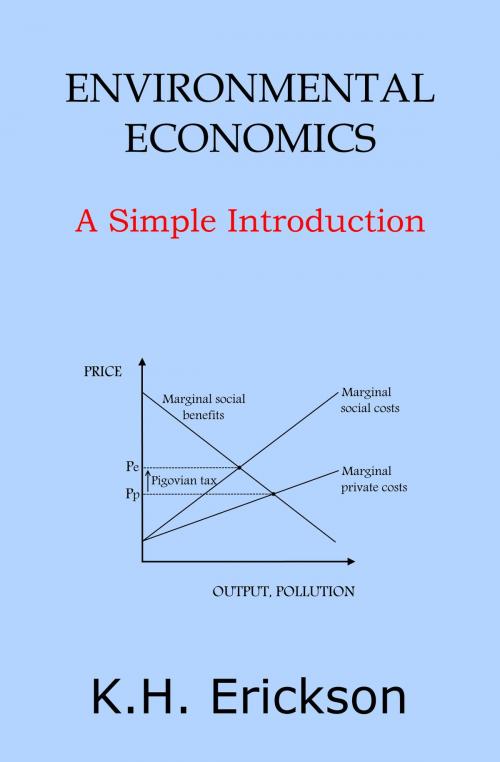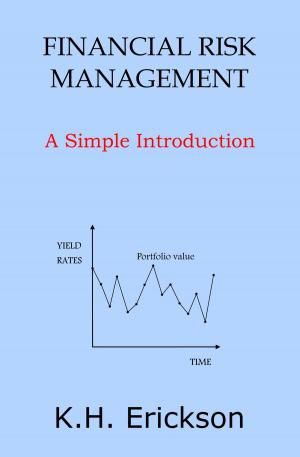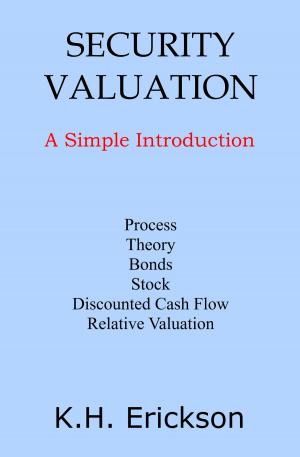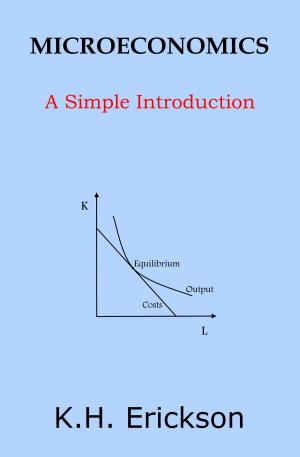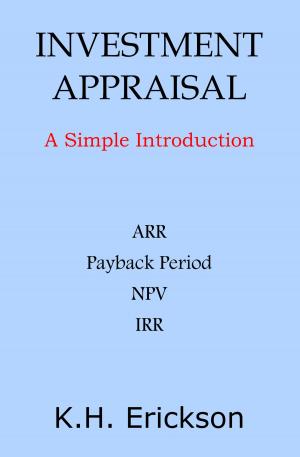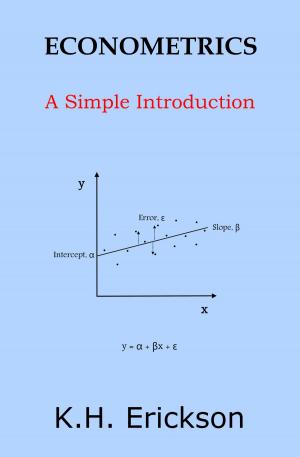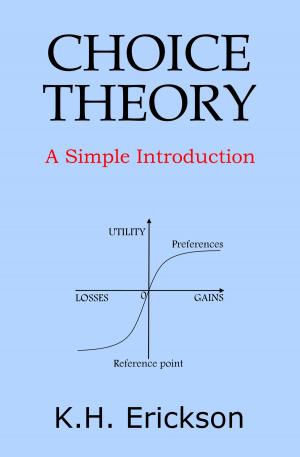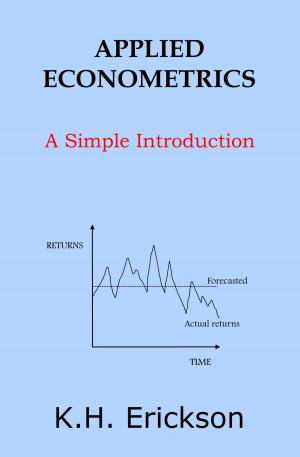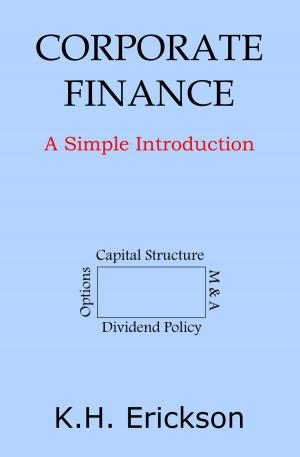| Author: | K.H. Erickson | ISBN: | 9781311670182 |
| Publisher: | K.H. Erickson | Publication: | June 1, 2016 |
| Imprint: | Smashwords Edition | Language: | English |
| Author: | K.H. Erickson |
| ISBN: | 9781311670182 |
| Publisher: | K.H. Erickson |
| Publication: | June 1, 2016 |
| Imprint: | Smashwords Edition |
| Language: | English |
Environmental Economics: A Simple Introduction offers an accessible guide to the central theories and methods of environmental economics, with examples, equations, and diagrams to support the analysis.
Understand the problem of environmental degradation, and why environmental externalities and market failure cause pollution to spiral out of control.
Examine the effectiveness of the polluters pay principle and a range of pollution control instruments, including bargaining, Pigovian taxation, tradable emissions permits, and command and control policy. Compare how each of the methods fare on cost efficiency, dynamic efficiency, equity, and performance under uncertainty.
Explore efficient environmental management, and see how renewable natural resources can be harvested efficiently, and how a tragedy of the commons scenario can be avoided. Understand the conditions of the Hotelling rule for optimal extraction of non-renewable natural resources.
Look at the stages of cost-benefit analysis and environmental policy valuation, and how the impacts of projects are valued using stated preference, revealed preference, or production function approaches.
Environmental Economics: A Simple Introduction offers an accessible guide to the central theories and methods of environmental economics, with examples, equations, and diagrams to support the analysis.
Understand the problem of environmental degradation, and why environmental externalities and market failure cause pollution to spiral out of control.
Examine the effectiveness of the polluters pay principle and a range of pollution control instruments, including bargaining, Pigovian taxation, tradable emissions permits, and command and control policy. Compare how each of the methods fare on cost efficiency, dynamic efficiency, equity, and performance under uncertainty.
Explore efficient environmental management, and see how renewable natural resources can be harvested efficiently, and how a tragedy of the commons scenario can be avoided. Understand the conditions of the Hotelling rule for optimal extraction of non-renewable natural resources.
Look at the stages of cost-benefit analysis and environmental policy valuation, and how the impacts of projects are valued using stated preference, revealed preference, or production function approaches.
